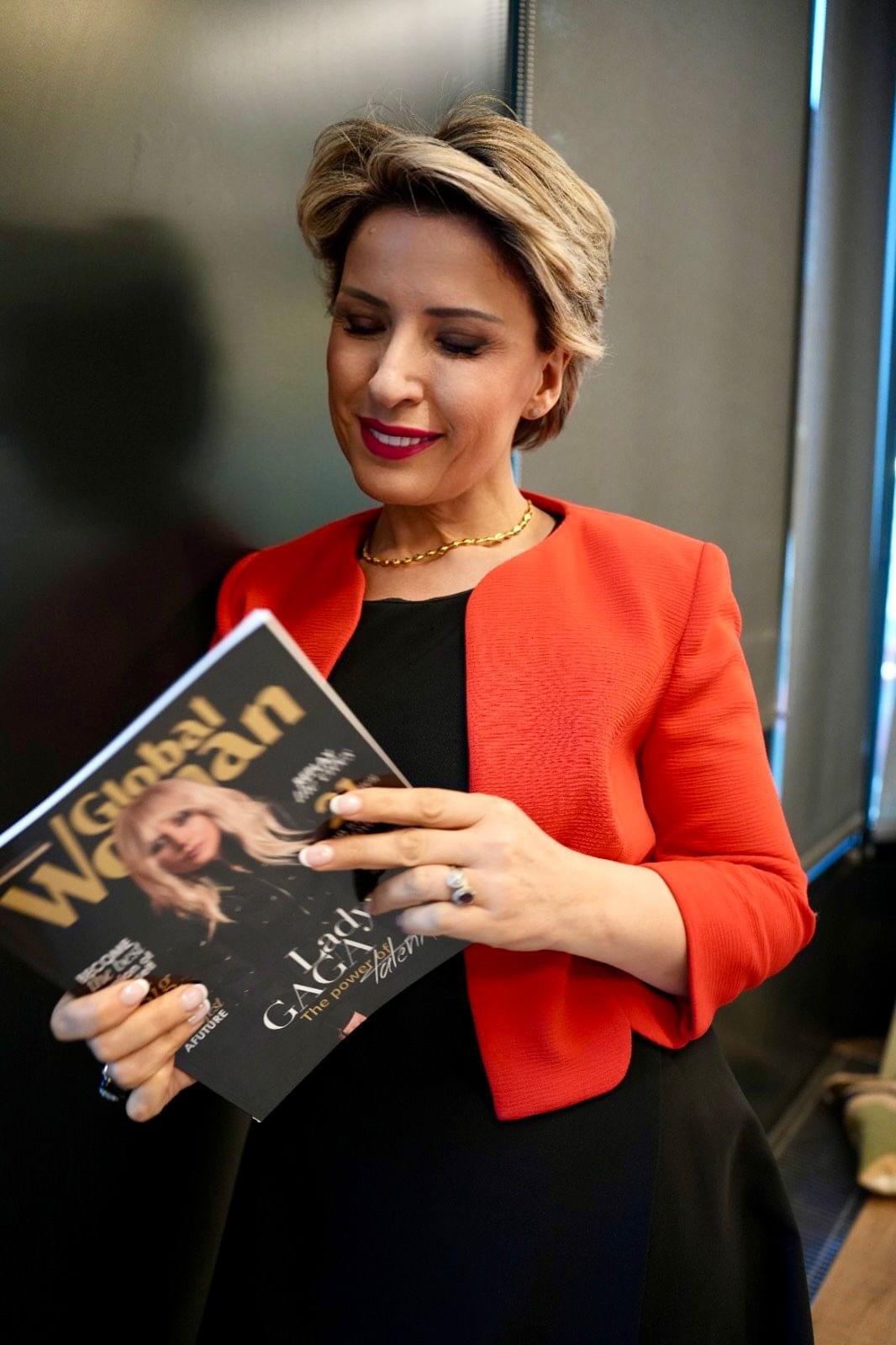
Why Being Trauma-informed Will Future-proof Your Leadership
By Mirela Sula
The barrage of recent events seems to be never ending: first the Pandemic, then the war, now the recession. While the associated trauma of these occurrences can, and have been monumental for many of us, we may fail to realize the equally detrimental, and often invisible signs of repressed childhood trauma. Before we go any further, it’s important to recognize that trauma has many differing degrees of severity – from physical or psychological abuse, to simply being parented in a way that inhibited the full expression of your potential, whether you knew it or not.
If you’re asking yourself: ‘ok, so what does this have to do with my leadership?’ I want to commend you on asking such a curious question!

Grounded Leaders are more important than ever before: conscious, curious and connected to the journey of becoming better leaders from within. This means tuning in and unpacking your own trauma to intentionally facilitate open, and sometimes tough conversations with your team. Becoming skilled in emotionally regulating yourself while tending to heightened stress from your team is a non-negotiable, if you’re going to stay at the top of your game.
Suppressed childhood trauma can show up in a plethora of subconscious behaviors, sabotaging your leadership abilities without you even realizing it. It can affect literally every area of your life, and your people will have their own stories, presenting their own challenges for them to overcome. If you were born before the turn of the millennium, your childhood experience was likely shaped by behavioral outcomes: what was deemed to be good behavior was rewarded, while the opposite warranted punishment, or disclusion (AKA a ‘Time Out’), until you were willing to conform.
You may be thinking, ‘isn’t that the entire basis of our societal construct?’ – and you’d be right. But these are new, exciting and future-shaping times, where we get to rewrite the script on human experience. And that is the point – behavior-focused leadership has had its day. Instead, it’s time to start focusing on the experience of the individual, to help achieve a harmonious, rich and deeply nourishing culture within our teams.
Understanding people, and becoming focused on how they are experiencing their day to day, work-life included, and what might be behind their behaviors, strengths or inadequacies, is why becoming trauma-informed will future-proof your leadership. The coping mechanisms that you developed as a child, most likely won’t serve you through adulthood, and there’ll come a point when it’s simply time to change.
It all begins with asking the right questions:
Why do you feel the way you do, and do the things you do?
Why do you or others behave in ways that limit efficacy and productivity?
What can you do to help improve how others experience any given situation, to positively impact the end result for both you, and your team?
By asking the right questions, you’ll have better information with which to build a robust protocol for healing your trauma and thus consciously supporting your team from an embodied place. Here are a few examples that have worked well for me personally and have been implemented as resources at my company, TalentKo:
Build awareness and your own curiosity through books, podcasts and live streams via Social Platforms like IG, FB and LinkedIN.
Lean on others for support – hire a coach, mentor, join a group.
Attend local somatic events to deepen your healing and integration – look for breathwork, community circles, ecstatic dance, ice baths.
Ask for help and continued ‘holding’ from your new community to ensure you are not alone and are guided every step of the way.
Psychological, emotional and social inhibitors caused by trauma are not insurmountable, and they can often be made less of a problem, simply by approaching others as a compassionate human, before being a leader. Feeling connected and understood can go a long way in improving a person’s self-belief to confidently take their place within the team, to explore their strengths, and to express their fullest potential. It’s about moving the needle in the right direction. Perfection is not the goal, improvement is.
And remember, your role as a leader is not to do all the things, and be all the things for all your people. Get help for yourself when you need it, and help others to do the same if you see that they’re hurting. We’re stronger together, and our job as leaders is to move the collective forwards into a brighter, more abundant future.
WORDS SHANNON ROSE
LEZLY KAYE





